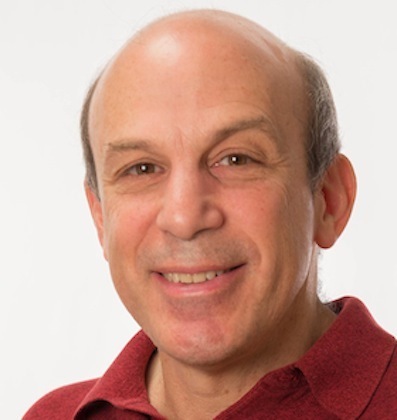Nieuwland Lecture Series: "An epigenetic switch linking inflammation to cancer and the use of metformin as an anti-cancer drug"

Kevin Struhl
David Wesley Gaiser Professor of Biological Chemistry and Molecular Pharmacology
Harvard Medical School
“An epigenetic switch linking inflammation to cancer and the use of metformin as an anti-cancer drug”
Abstract: In an inducible model of breast cell transformation, a transient inflammatory signal can initiate an epigenetic switch from non-transformed to cancer cells. This epigenetic switch is mediated by an inflammatory positive feedback loop involving the NF-kB and STAT3 transcription factors, Lin28B, IL6, microRNAs (Let-7, miR-181b, miR-21) and tumor suppressor genes (PTEN and CYLD). The transformed cells contain a minority population of cancer stem cells (CSCs) that have an enhanced inflammatory loop that results in overproduction of IL6. The CSCs and non-stem cancer cells within the transformed population are in a dynamic equilibrium that involves IL6 secretion and a transcriptional regulatory circuit that acts as a bistable switch and involves the miR-200 family, several other miRNAs, the Zeb repressors, the Klf4 activator, and polycomb complexes.
The cancer stem cell hypothesis suggests that, unlike most cancer cells within a tumor, cancer stem cells resist chemotherapeutic drugs and can regenerate the various cell types in the tumor, thereby causing relapse of the disease. Metformin, a standard drug for diabetes, inhibits cellular transformation and selectively kills cancer stem cells. In mouse xenografts, the combination of metformin and standard chemotherapeutic agents reduces tumor mass and effectively prevents relapse. Metformin mediates anticancer effects by inhibiting the inflammatory pathway, possibly by blocking a signaling pathway the responds to metabolic conditions of high growth potential.
This Nieuwland lecture is hosted by the Department of Biological Sciences and the Center for Stem Cells and Regenerative Medicine.
A reception will follow at 5:30 p.m. in the Jordan Hall of Science Reading Room.
Originally published at science.nd.edu.